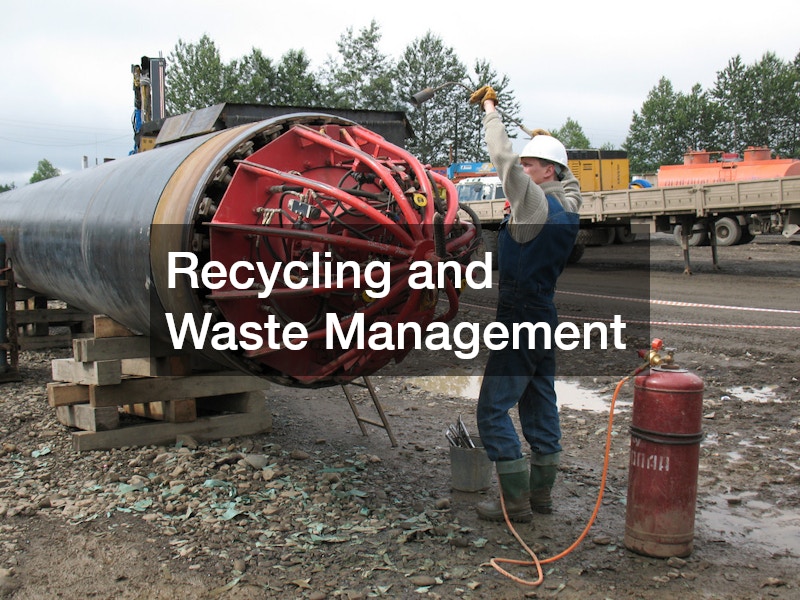Industrial gas suppliers have fundamentally shaped the landscape of modern manufacturing and production. By providing essential resources that enhance efficiency, these suppliers play a crucial role in a wide array of industrial processes. From ensuring the availability of pure gases to offering innovative solutions tailored to specific production needs, their contributions are indispensable in today’s competitive business environment.
How Industrial Gas Suppliers Enhance Production Efficiency
Innovative Gas Delivery Solutions
Industrial gas suppliers have revolutionized operational efficiency through advanced delivery systems. One such innovation is the integration of bulk gas delivery systems that minimize manual handling and reduce potential downtime.
By optimizing the logistics of gas delivery, these suppliers enable industries to maintain a seamless flow of materials, resulting in a more consistent production cycle.
These systems incorporate smart technologies that allow for precise control of gas flow rates. Such control minimizes waste and ensures the optimal use of resources, aligning production practices with cost-efficiency goals. Advanced monitoring systems also provide real-time data, empowering manufacturers to anticipate and respond to potential disruptions swiftly.
The implementation of these solutions greatly enhances the overall workflow by reducing maintenance time and operational costs. The ability to monitor delivery systems in real-time also contributes to the early detection of faults, thereby preventing costly production halts. Hence, the seamless integration of these solutions into manufacturing processes highlights the value brought by industrial gas suppliers in optimizing operational efficiency.
Optimizing Gas Mixtures for Specific Applications
To meet the precise needs of various manufacturing processes, industrial gas suppliers offer tailored gas mixtures. By customizing gas compositions, they enable industries to achieve higher productivity and product quality. These bespoke mixtures ensure that specific manufacturing requirements are met, thereby enhancing production efficiency and effectiveness.
For instance, in the metallurgy industry, precise gas mixtures are used in heat treatment processes to enhance material properties. Similarly, in the electronics sector, specific gas combinations are essential for activities such as semiconductor manufacturing. These targeted applications demonstrate how critical the customization of gas mixtures is to achieving optimal manufacturing outcomes.
The customization process often involves collaboration with manufacturers to determine the exact specifications needed for their production lines. This targeted approach not only improves the end product but also aligns with broader efficiency goals. Consequently, by optimizing gas mixtures, suppliers provide a significant edge in competitive manufacturing landscapes.
Safety Measures Implemented by Industrial Gas Suppliers
Compliance with Regulatory Standards
Safety in the handling and delivery of industrial gases is paramount, and suppliers adhere to stringent regulatory standards to ensure this. With a range of international and local regulations governing gas safety, suppliers are required to maintain high levels of compliance. This adherence not only protects users but also underpins trust in supplier reliability.
Regulatory bodies frequently update standards to incorporate new safety insights and technologies, demanding ongoing vigilance from suppliers. Continuous training and certification are part of supplier protocols to ensure all personnel are well-informed about current regulations. As a result, structural compliance plays a vital role in shaping the operational practices of industrial gas suppliers.
By strictly following these guidelines, suppliers not only reduce the risk of accidents but also foster a culture of safety in manufacturing environments. This compliance is crucial to maintaining the integrity of operations and protecting personnel from potential hazards. In a field where safety cannot be compromised, regulatory adherence is an essential component of industrial gas supply services.
Innovative Safety Technologies
Cutting-edge safety technologies are at the forefront of ensuring the safe use and handling of industrial gases. Suppliers leverage digital monitoring systems to detect leaks and prevent accidents, which is a significant advancement in industrial safety. Remote monitoring systems produce alerts that allow for immediate corrective action, minimizing potential hazards.
Technological advancements also include automated shut-off controls and pressure containment systems. These technologies are engineered to engage automatically under specific conditions, providing an extra layer of safety. By utilizing such advancements, suppliers are actively contributing to safer workplace environments.
How Industrial Gas Suppliers Contribute to Sustainability in Manufacturing
Reducing Carbon Footprint
Industrial gas suppliers are increasingly focused on reducing the environmental impact of manufacturing processes by minimizing their carbon footprint. One strategy involves enhancing energy efficiency in gas production and delivery operations. By modernizing infrastructure and adopting cleaner technologies, suppliers can significantly cut emissions associated with their services.
For example, the use of high-efficiency boilers and renewable energy sources contributes to lowering greenhouse gas emissions. Moreover, suppliers are developing new methods to capture and reuse carbon dioxide, transforming it into a valuable resource. Through these initiatives, suppliers are playing a crucial role in advancing sustainable manufacturing practices.
Recycling and Waste Management
Recycling and waste management are integral components of a sustainable strategy deployed by industrial gas suppliers. Innovative techniques are being adopted to recycle gases like carbon dioxide and convert waste gases into useful byproducts. These recycling processes not only reduce waste but also provide manufacturers with additional resources.
Furthermore, suppliers implement comprehensive waste management protocols to handle emissions and reduce landfill contributions. By developing systems for capturing and neutralizing hazardous gases, suppliers minimize environmental exposure. These efforts are crucial in creating a circular economy within industrial operations.
Industrial gas suppliers are essential contributors to the manufacturing and production sectors, enhancing efficiency, safety, and sustainability. Through innovative delivery solutions, customized gas mixtures, and adherence to stringent safety standards, suppliers improve operational workflows and product quality. Their commitment to reducing the carbon footprint and managing waste further reinforces their role in fostering sustainable industrial practices, making them indispensable allies in the quest for efficient and responsible manufacturing.







